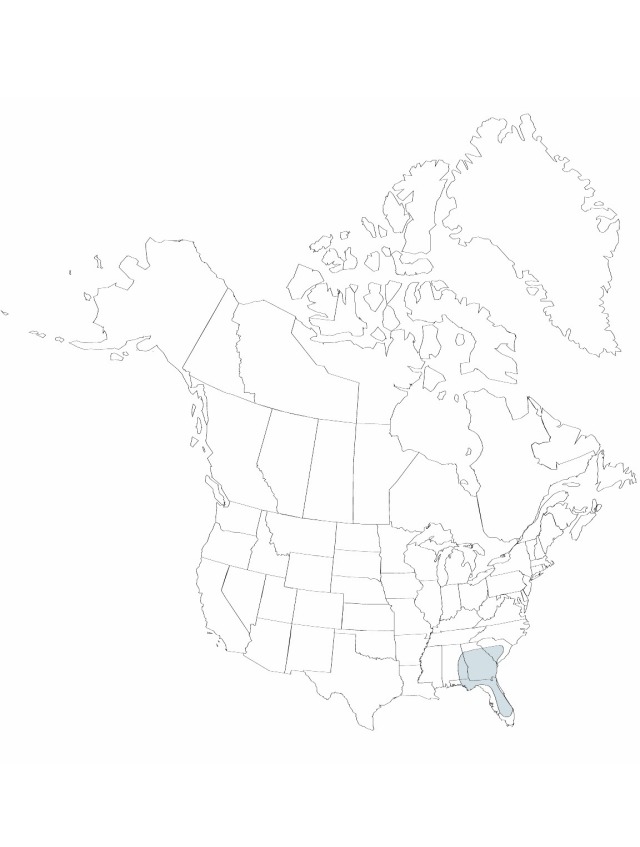Tradescantia roseolens
Bulletin of the Torrey Botanical Club 51:379. 1924.
Herbs, erect or ascending, rarely rooting at nodes. Roots thin, fibrous, 0.5–1 (–2) mm thick. Stems unbranched or sparsely branched, 19–60 cm; internodes puberulent with glandular or eglandular hairs, rarely pilose or glabrous. Leaves spirally arranged, sessile; blade linear-lanceolate, 10–42 × 0.5–1.6 cm (distal leaf-blades equal to or narrower than sheaths when sheaths opened, flattened), apex acuminate, somewhat glaucous, puberulent to pilosulose, rarely glabrescent. Inflorescences terminal, often axillary; bracts foliaceous. Flowers rose-scented, distinctly pedicillate; pedicels 1–2.8 cm, glandular-puberulent; sepals 6–12 mm, glandular-puberulent, glandular-hairs numerous and conspicuous, often mixed with eglandular hairs, usually with apical tuft of eglandular hairs, all hairs less than 1mm; petals distinct, broadly deep blue to magenta, ovate, not clawed, 10–14 mm; stamens free; filaments bearded. Capsules 5–7 mm. Seeds 3–4 mm. 2n = 24.
Phenology: Flowering late winter–summer (Feb–Aug).
Habitat: Oak and oak-palmetto scrub, oak woods, pine woods, hammocks, sandhills, roadsides, and open areas, sandy soil
Distribution

Ala., Fla., Ga., S.C.
Discussion
Although E. Anderson and R. E. Woodson Jr. (1935) do not report eglandular hairs on the sepals in Tradescantia roseolens, they are present in nearly all specimens. While some eglandular hairs might be the result of hybridization, in general they seem to be part of the normal variation in this species.
The illegitimate name Tradescantia longifolia Small (a later homonym of T. longifolia Sessé and Mociño 1894) has been used for this species.
Selected References
None.